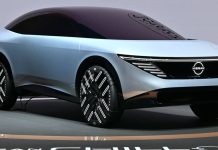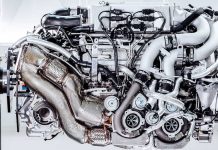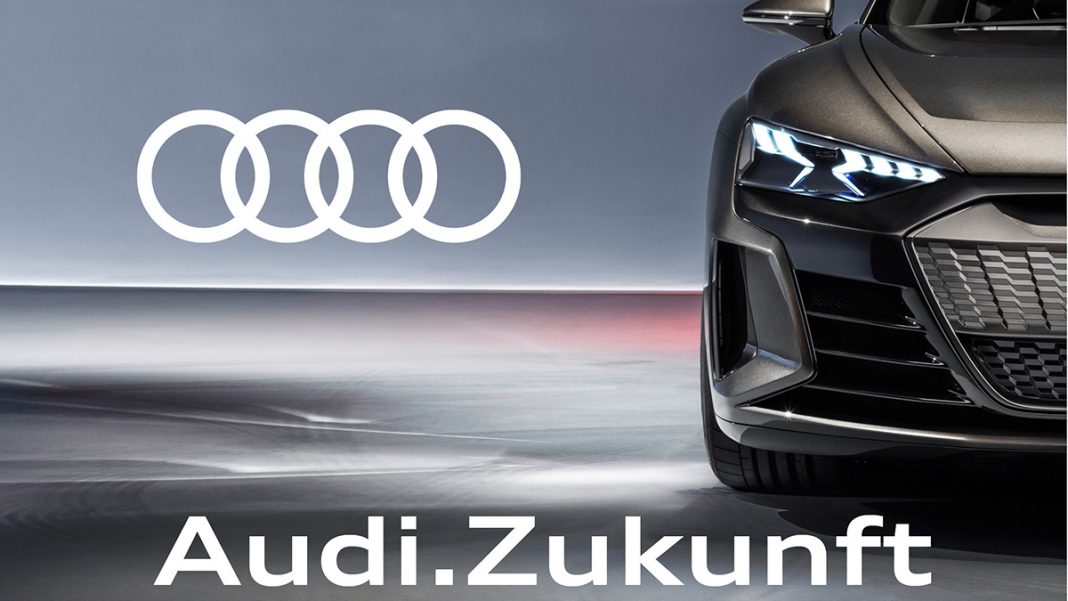A new era is dawning. Audi is taking sustained action for greater economy, flexibility and secure jobs. The Board of Management and employee representatives have reached a fundamental agreement within the framework of Audi.Zukunft.
The decisions relate in particular to the optimization of production capacities at the two German plants and socially responsible workforce adjustments while extending job guarantee up to the end of 2029.
The 6 billion euros thus generated will secure the strategic targeted return corridor of 9 to 11 percent and will flow into future projects such as electrification and digitalization. In this way, Audi.Zukunft will sustainably strengthen the competitiveness of the Four Rings and will make the company fit for the coming years. The agreement takes effect on November 29, 2019 and applies for the next ten years.
Audi is consistently making decisions that further secure the company’s future viability. “With the Audi Transformation Plan, we have already anchored a successful program of measures. And with Audi.Zukunft, we are now also tackling structural issues in order to prepare Audi for the challenges ahead,” says Audi CEO Bram Schot.
In the context of the transformation of the automotive industry towards electric mobility and digitalization, the company and the Works Council have agreed on important new plans. “Both sides have proven that the focus is on responsibility for the future of the Four Rings and its employees,” says Schot. “Audi.Zukunft secures our sustainable growth. In times of upheaval, we are making Audi more agile and more efficient. This will increase productivity and sustainably strengthen the competitiveness of our German plants.”
Employment guarantee until 2029
The company is extending the employment guarantee for its workforce up to the end of 2029. Peter Mosch, Chairman of the General Works Council of AUDI AG: “We have reached an important milestone: The jobs of our core workforce are secure! The extension of the employment guarantee is a great success in difficult times. In addition, the upcoming electrification of the Ingolstadt and Neckarsulm plants underscores the long-term success of both German sites. Important for our co‑workers: The Audi profit sharing remains at its high level.”
“Our employees are Audi’s most valuable asset and the key to our successful change,” emphasizes Wendelin Göbel, Board of Management Member for Human Resources. For this reason, Audi is excluding terminations for operational reasons until December 31, 2029. The company must become lean and fit for the future, which means that some job profiles will no longer be needed and new ones will be created.
That is why Audi is investing systematically in future-oriented qualification measures for the employees and thus in the future of the two sites in Germany. At the same time, the Works Council and the company’s management have agreed to cut up to 9,500 jobs until 2025. This will take place along the demographic curve – in particular through employee turnover and a new, attractive early-retirement program.
An equivalent percentage staff reduction will take place in management. Nonetheless, Audi will continue to recruit in the coming years. The company plans to create up to 2,000 new expert positions in areas such as electric mobility and digitalization. Those appointments will be made on the principle of internal before external candidates.
Audi is aware of its social and societal responsibility. The company will continue to train young people in key areas of the future. The number of apprentices and student trainees at the two German sites will remain at a consistently high level over the next three years.
Production capacities, allocation of models to plants and electrification
A key component of the agreement is to allow the economic and future-proof utilization of production capacities. Annual plant capacity will therefore be planned in Ingolstadt for 450,000 vehicles and in Neckarsulm for 225,000 vehicles, with production-optimized operation. A long-term future perspective is guaranteed by the electric models to be built at both plants in the future.
The Ingolstadt site is currently preparing for the production of premium electric vehicles. In Neckarsulm, the all-electric Audi e-tron GT will already drive off the assembly line as of 2020. The other production lines will also be gradually equipped for electric mobility. Rolf Klotz, Chairman of the Neckarsulm Works Council: “We see it as the management’s duty to keep their promises. With long-term electrification, Audi.Zukunft is now creating facts. We are thus securing the future viability of the Neckarsulm plant.” An “Electrification Neckarsulm” fund is being set up specifically for this purpose. By 2025, a total of 300 million euros will flow into this fund to secure the necessary construction measures for the production of electric vehicles in Neckarsulm.
Audi profit-sharing and increased retirement provisions
Audi employees will continue to benefit from the company’s success in the future. If Audi can build on the financial results of previous years, average profit participation will remain at the high level of those years. If the Audi Group’s operating profit is significantly higher than in previous years, negotiations will be held on the appropriation of the increment. In addition, the company will improve its company pension plan from 2021 onwards and will recognize additional pension provisions of up to 50 million euros annually for this purpose.
Consistently profitable
Audi’s future financial success is based on two pillars. The Audi Transformation Plan was successfully launched two years ago and is expected to free up approximately 15 billion euros for future projects up to 2022. Concrete measures have already been identified for 80 percent of the program. With Audi.Zukunft, the company is now also addressing structural issues. These initiatives will result in an accumulated earnings effect of around 6 billion euros until 2029. “The decisions taken together with the employees are an important and courageous step for the long-term competitiveness and profitability of the Four Rings,” states Schot.






























